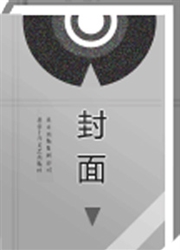

 中文摘要:
中文摘要:
目的研究食管癌患者进行个体化心理干预对其术后疲劳综合征的影响。方法选取2012年7月~2013年3月在杭州市第一人民医院胸外肾内科治疗的食管癌患者120例,随机分为两组各60例,对照组患者采用传统的护理方法,实验组进行个体化心理干预,在传统护理的基础上着重对患者的心理状况进行个性化护理,比较两种护理方法对患者术后疲劳综合征的影响。结果术后10d对照组疲劳评分(4.21±0.59),实验组(3.47±0.52);对照组心境评分(31.08±8.47),实验组(26.91±8.42);心电监护时间等实验组均低于对照组。实验组的并发症发病率较低,仅为3.33%。结论个体化心理干预对患者术后疲劳综合征的缓解具有明显作用。
 英文摘要:
英文摘要:
Objective To study the influence of individualized psychological intervention on the postoperative fatigue syndrome of patients with esophageal cancer. Methods All of 120 patients with esophageal cancer treated in the Department of Thoracic Surgery and Neurology of Hangzhou first people's hospital from July 2012 to March 2013 were randomly divided into two groups, with 60 patients in each group. One group received traditional nursing and the other group received individualized psychological intervention on the basis of traditional nursing. The influence of two nutsing methods on the postoperative fatigue syndrome of patients was compared. Results The fatigue score 10 days after the surgery of the control group was 4.21±0.59 and that of the experimental group was 3.47±0.52; The mental state score 10 days after the surgery of the control group was 31.08±8.47 and that of the experimental group was 26.91±8.42; The experimental group was lower than the control group in the ECG monitoring time. The complication rate of the experimental group was low, which was only 3.33%. Conclusion Individualized psychological intervention has significant effect on the remission of patients' fatigue syndrome.
 同期刊论文项目
同期刊论文项目
 同项目期刊论文
同项目期刊论文
 期刊信息
期刊信息
